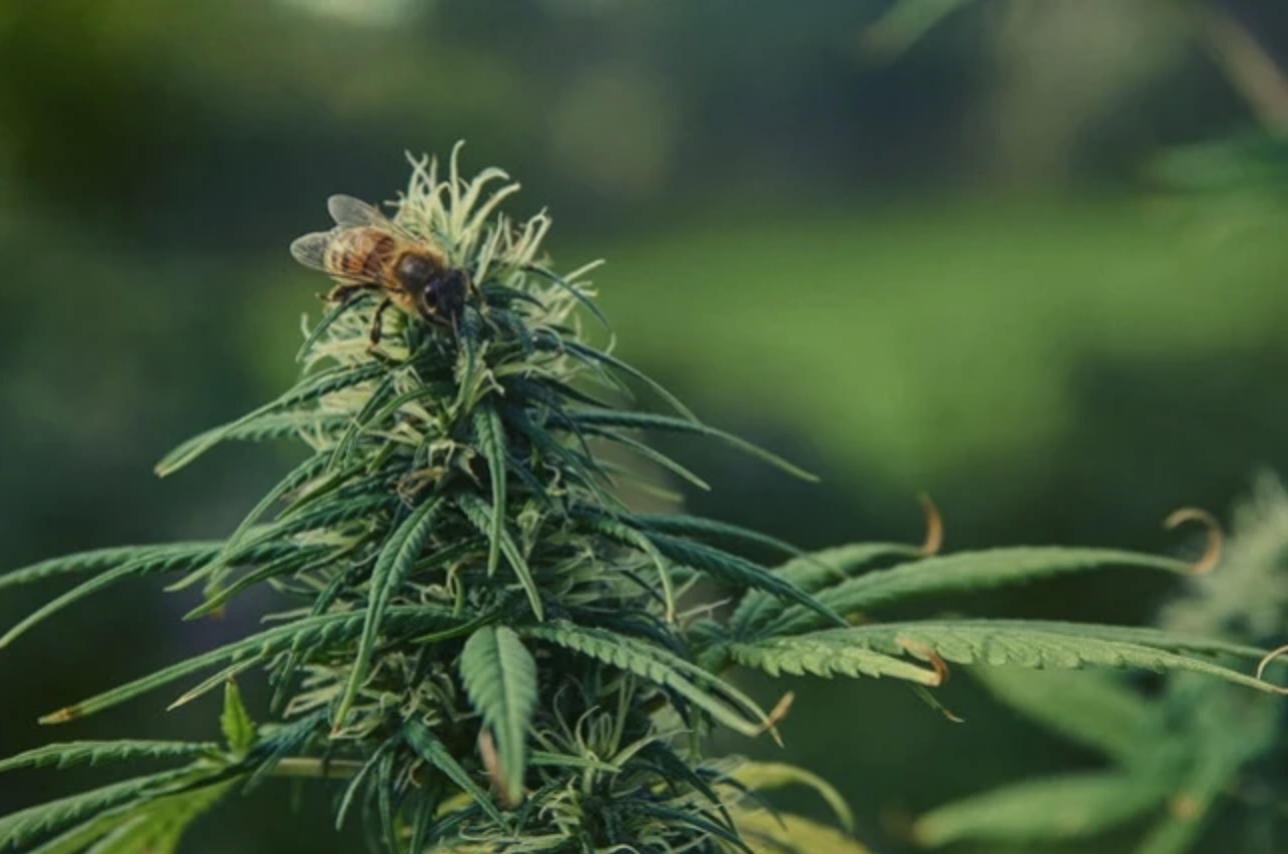
A team of researchers at the Maria Curie-Skłodowska University in Poland say they have discovered a way to use cannabis to protect honey bees from pesticides.
The team at the Faculty of Biology and Biotechnology, Institute of Biological Sciences,
Department of Immunobiology, in Lublin Poland, was looking at addressing many issues relating to honey bees survival, from pesticides like neonicotinoids, to using probiotic bacterial strains, dedicated to honeybees to the antimicrobial properties of honeys.
During their research, the team says they discovered that preparations of cannabis extracts could protect honeybees against the negative effects of neonicotinoids and prolong honeybee lifespan. Neonicotinoids are insecticides derived from nicotine and as such, and are known to be harmful to many insects, both beneficial and non beneficial to crops, including honey bees.
Lead research Professor Aneta Ptaszyńska was quoted in thefirstnews.com as saying her team started out by looking to see if the known effects of cannabis extract on humans would apply to bees, as well.
“There are reports that hemp extract protects human nerve cells, we decided to check whether it would be the same in the case of a bee. For now, we know that the extract extends the life of bees that have been exposed to pesticides. The tested insects lived comparatively as long as those that had never had contact with harmful substances.”
“Bees are dying because they are malnourished and weakened by the use of pesticides and then they start to suffer from various diseases. One of them is nosemosis. It attacks the digestive system, causes weakness and cachexia (muscle loss). Bees cannot digest and absorb nutrients and then they simply die.”
The team is now looking to patent their discoveries, while extending testing outside of a laboratory setting. The research was financed by the Polish National Agency for Academic.
A study from last year noted the effectiveness at hemp plants, especially male plants, at attracting numerous pollinators, including several varieties of bees.











